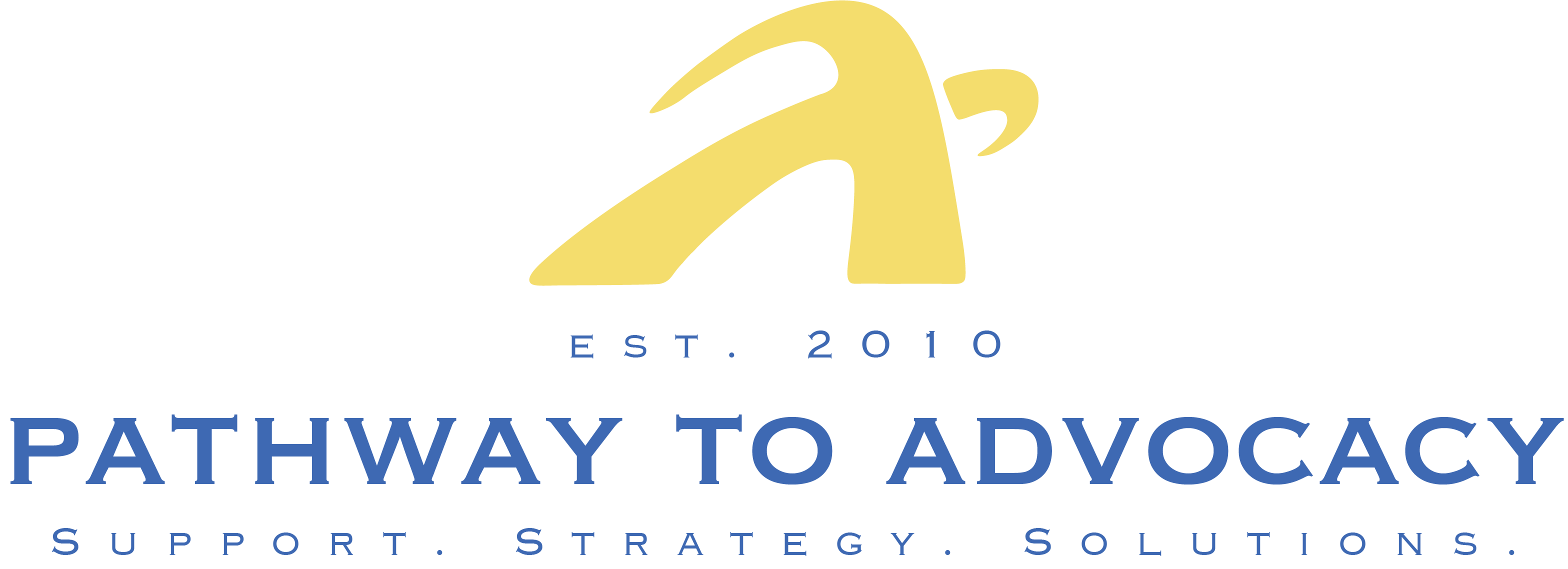Advocating for your child’s special education needs is not without its challenges. Even when you have the right knowledge and tips, it’s normal to encounter internal and external barriers. Even with great tips, you might still encounter challenges. Let’s explore some common barriers parents face in advocacy and how to overcome them:
“I’m Not a Lawyer or Teacher—I Feel Unqualified.”
Insight: It’s true – you may not have a law degree or an education background. But here’s the thing: you don’t need to be a lawyer to be an amazing advocate. You just need to think like one. So, what does that mean? Be curious, ask questions, and learn the basics. Familiarize yourself with the rules, the process, and most importantly, your child. You’re the expert on your child, and that expertise is priceless in these meetings. Plus, IDEA (the law) gives you the power to be involved. You’ve got every right to be at the table and speak up. Don’t let doubt sneak in – your voice matters, and the team needs your input.
“The IEP Team/School Intimidates Me.”
Insight: I hear you. It can feel overwhelming to walk into a room full of school staff. But remember, you are part of the team, not an outsider. By law, your input is crucial, so don’t let anyone make you feel otherwise. One trick to ease the tension: bring someone with you. Even if they’re just there to take notes, it can shift the power dynamics a bit. And don’t forget to come prepared. Write down your thoughts and questions ahead of time – it’ll help you feel more confident.
If someone uses too much jargon or talks over you, it’s okay to say, “Hold on, could you explain that a bit more? I want to make sure I understand.” Most educators truly want to help – if you approach them as partners, it can make a huge difference. And if you hit a rough patch with someone, stay calm, stick to the facts, and keep your focus on your child’s needs. You’ve got the law on your side – and you’ve got every right to be there!
“I Don’t Want to Be ‘That Parent’ and Cause Conflict.”
Insight: This is a tough one for a lot of parents. You don’t want to be seen as difficult or create tension with the school. But here’s the truth: advocating for your child isn’t being “that parent” – it’s being a good parent. And trust me, it’s totally okay to make sure your child’s rights are respected. The key is to be firm without being combative. If you remain respectful and focus on the facts, you can stand your ground.
Think of it this way: you’re holding the school accountable, which actually helps them do their job better! And hey, even if someone rolls their eyes or gives you a hard time, remember – you’re doing what’s best for your child, and that’s worth it. Approach the team with a solution-focused mindset, and over time, they’ll respect you for it. If conflict happens, don’t take it personally. It’s about what’s best for your child, and it’s okay to disagree. Staying calm and using facts or law to back you up shows you’re not just reacting emotionally – you’re being effective.
“This is So Emotionally Draining—I’m Exhausted.”
Insight: Oh, I know the emotion toll. Advocacy can be exhausting – you’ve got regular parenting, work, life, and then on top of that, managing your child’s education. It’s a lot. And it’s totally normal to feel burnt out. The key here is self-care. You can’t pour from an empty cup, right? So take a break from all the IEP stuff when you can – watch a movie, go for a walk, or just relax for a bit. Even though it might feel unrelated, taking care of your mental and emotional health will make you a stronger advocate.
And don’t forget to celebrate the small wins – did you get through a meeting without feeling too overwhelmed? Celebrate that!
Did your child make progress? That’s huge!
Recognizing these moments can give you a much-needed boost. If you’re feeling really drained, talk to someone you trust, or reach out to a counselor or an advocate. It’s okay to ask for support. And when it feels like too much, just take a deep breath and remember – every step you take is getting your child closer to the education they deserve.
Every parent faces doubts and hurdles. Navigating advocacy can be tough – but you’re tougher. What sets empowered advocates apart is not letting those barriers stop them. Think of Emily’s story: she had her fears, but she pushed through, and Jake’s success is proof that her efforts paid off. You have that same strength in you. And remember, there’s a whole community (including Pathway to Advocacy) cheering you on, ready to remind you that you’ve got this.
Empowering You to Take Charge of Your Advocacy Journey
Being a strong advocate for your child’s special education needs is a journey, but it’s one that leads to rewarding results. You already have the heart needed to succeed—now it’s about gaining the knowledge and persistence to make a real difference. Keep these key truths in mind: you are your child’s best advocate and you are not alone – there’s a community of parents and professionals ready to support you every step of the way.
At Pathway to Advocacy, we believe every parent deserves to feel confident and equipped in this role. We’re here to guide you, support you, and ensure you are never alone in your journey. Whether its through free information (like this blog), training sessions or one-on-one consulting, know that reaching out for guidance is not a sign of weakness – its leveraging the strength of community and expertise to help you win for your child.
So, what’s the next step on your advocacy journey? Whether it’s requesting an evaluation, setting up a meeting to review IEP goals, or connecting with a parent support group. Every action builds your confidence and shows your child that you’re committed to their success.
With knowledge in your mind and love in your heart, you truly are the pathway to your child’s advocacy. Keep pushing forward, and remember, we’re cheering you on!




